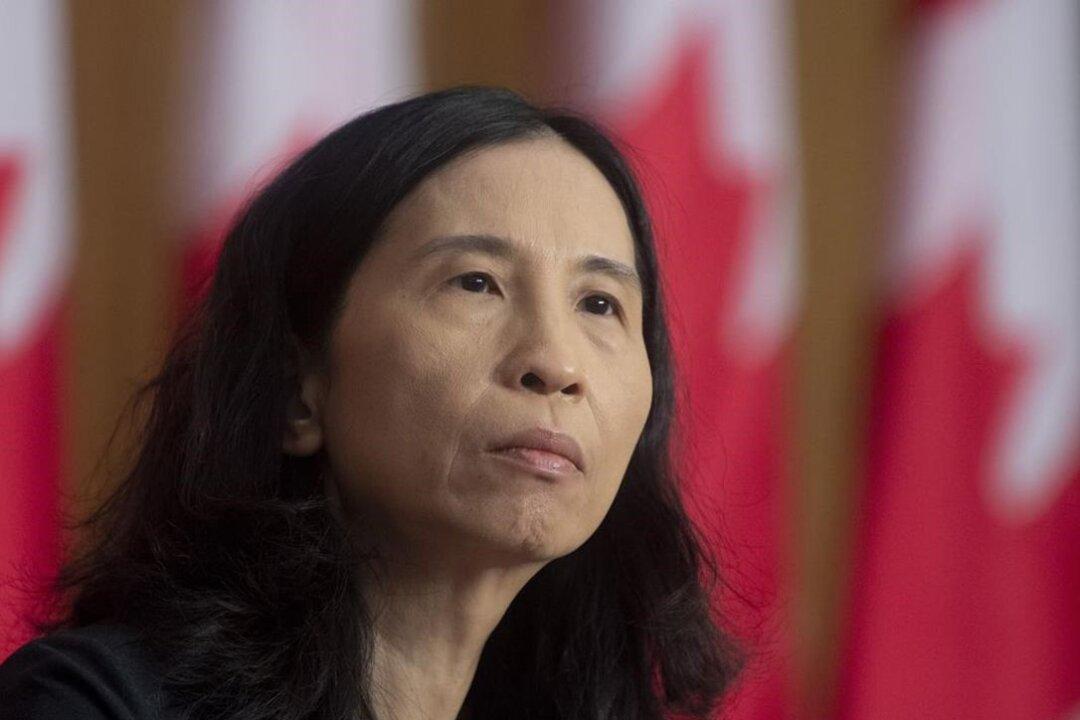Federal public health authorities said Friday that it’s time for Canadians to evaluate their own risks relating to COVID-19 and to make it a personal habit, as the country sees the return of more social and economic activities.
Dr. Theresa Tam, Canada’s chief public health officer, and Dr. Howard Njoo, the deputy chief public health officer, made the remarks on March 4 during a press conference in Ottawa, where they provided an update on the COVID-19 pandemic.





